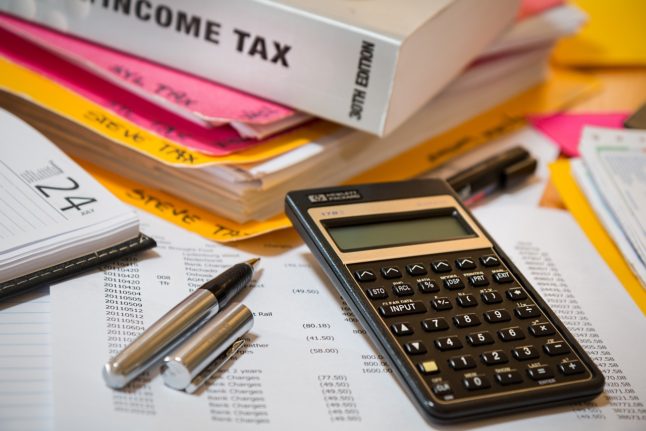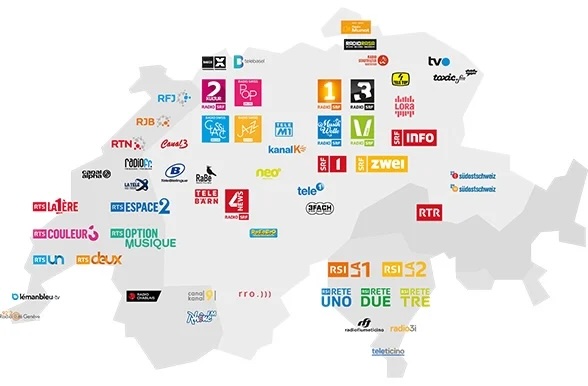Once you begin to work in Switzerland, your employer will withhold a certain portion of your salary towards the obligatory pension scheme — that is, the AHV / AVS (the first pillar) and occupational one, BVG /LPP, also known as the second pillar.
You will pay half and your employer the other half, with amounts of contributions depending on your income. (Some companies, however, are more generous, and contribute more than the obligatory half to their employees’ pension funds).
READ ALSO: Everything you need to know about retiring in Switzerland
Once you retire and start drawing first and second pillar pensions, you will have to pay taxes on it, as it is considered income.
(The only exceptions are certain types on the third-pillar private pensions).
What about retirement funds you receive abroad?
If you have worked in your home country before moving to Switzerland and paid into a pension fund there, then yes, these pensions will be taxed as income in Switzerland — but only if this money is deposited into a Swiss bank account.
If, on the other hand, you keep these funds in a bank in another country and don’t transfer them to a Swiss bank, then they will be taxed there, but not in Switzerland.
But if you do receive your foreign pension in Switzerland, be ready to pay Swiss taxes on this money.
However, according to Moneyland consumer platform, “foreign old-age pensions are taxed differently, depending on whether they are comparable to Swiss pension funds or not. This will be decided by the tax office.”
This means that “withdrawals from pension funds which are considered similar to Swiss pension funds are taxed at the same reduced rate which applies to Swiss pensions when performed after you reach retirement age.”
‘Withdrawals’ is the key word here, because pension savings are not taxable while they are parked in a bank; you will pay tax on them once you withdraw these funds.
What happens if a foreign pension fund is not considered comparable to Swiss pension funds?
In such a case, assets held in the fund must be taxed as wealth and you do not benefit from lower income tax rates when you withdraw your assets.
READ ALSO: Does everyone have to pay Switzerland’s wealth tax?
Keep in mind, however, that Switzerland has tax treaties with a number of countries.
Their goal is to prevent having to pay taxes — whether on retirement income or in general — both in Switzerland and your home country.




 Please whitelist us to continue reading.
Please whitelist us to continue reading.
Member comments